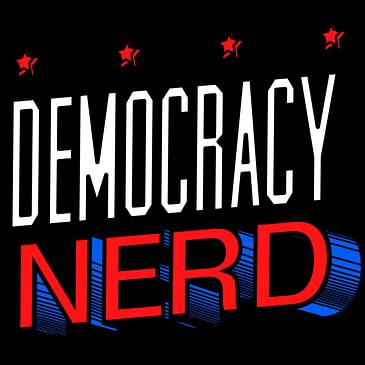In this episode of "Democracy Nerd," host Jefferson Smith engages in a crucial discussion with Paul Smith, the Senior Vice President at the Campaign Legal Center, shedding light on the mounting legal challenges surrounding ballot access heading into the 2024 election year.
The conversation begins with the recent federal court action in North Dakota, where a judge dismissed a challenge regarding the validity of counting absentee ballots postmarked by Election Day. Smith provides insightful analysis on the significance of this ruling and its implications for preserving the integrity of the electoral process.
Other topics discussed include the alarming trend of voter purges, prompting Smith to offer guidance to listeners on what steps to take if they suspect they've been incorrectly removed from voter rolls, ensuring their ability to participate in the electoral process.
This episode also addresses the disturbing escalation in threats of violence targeting election workers. Smith addresses the implications of such threats and underscores the urgent need to ensure the safety and security of those tasked with administering elections.
Overall, Paul Smith from the Campaign Legal Center underscores the critical importance of upholding voter rights, combating voter suppression tactics, and fortifying the foundations of democracy in the face of mounting challenges.
Campaign Legal Center's website
CLC's Voter Purge Legislative Resource Guide
Judge dismisses election official's mail ballot lawsuit in North Dakota (Associated Press)
Election officials go on offense to prevent disruptions of 2024 vote (Washington Post)

